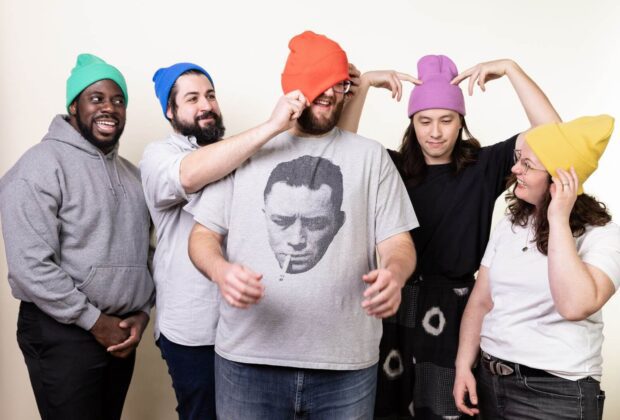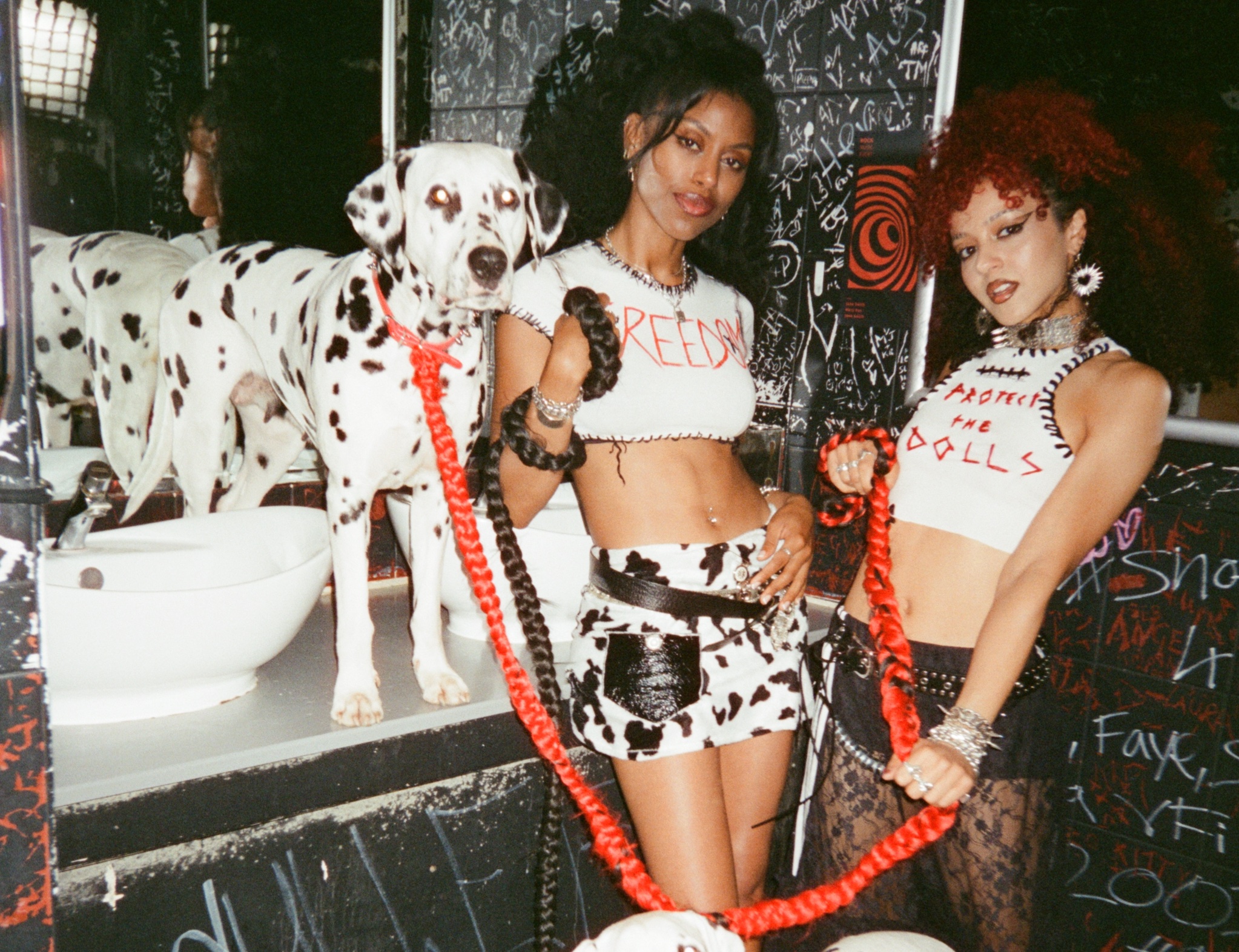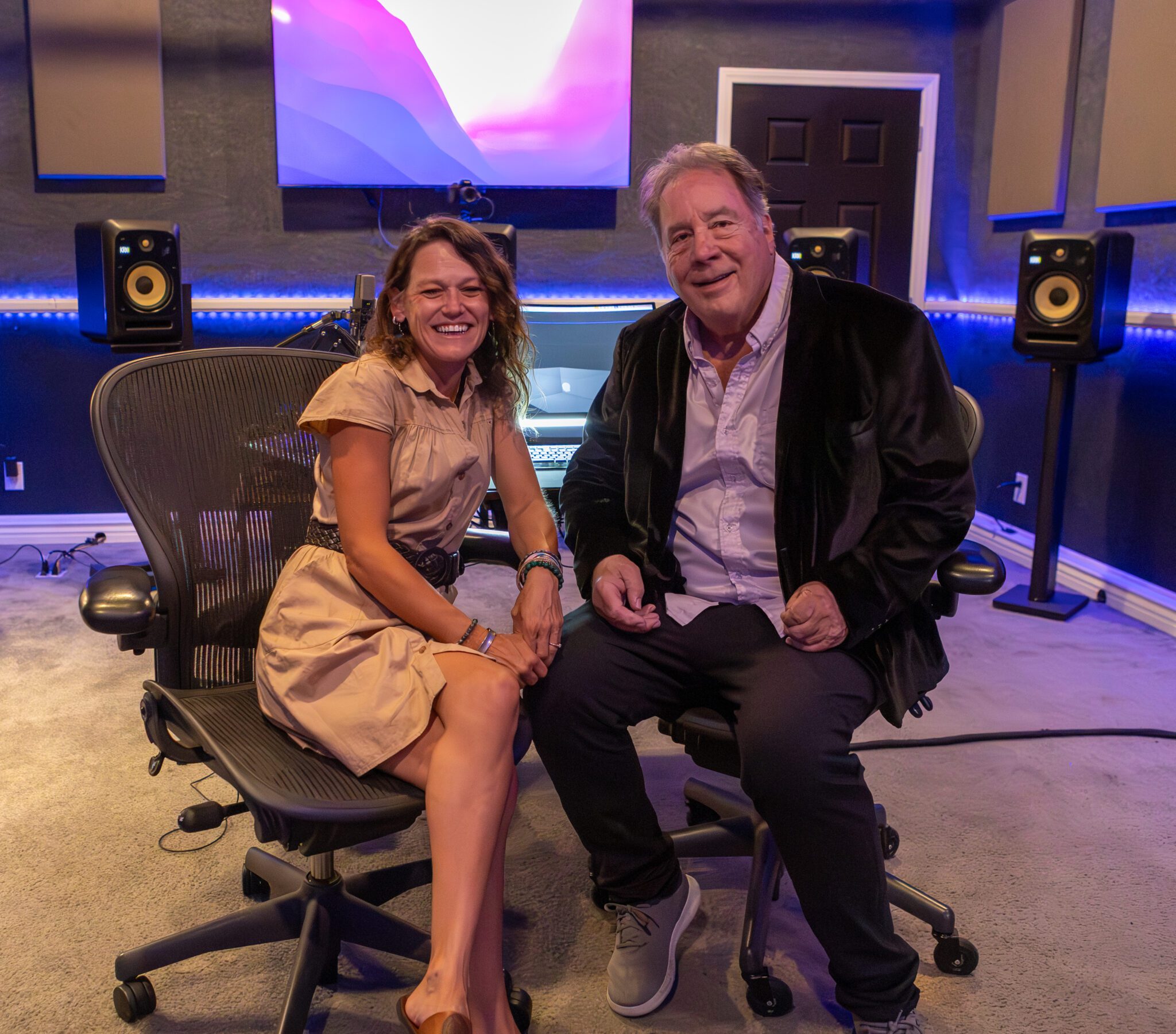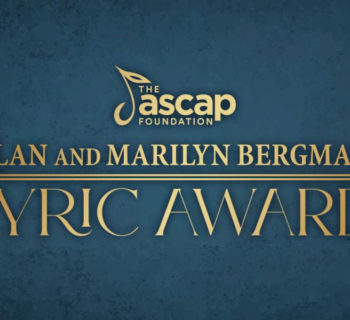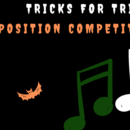Founded in 2016 by artists NNAMDÏ, Sen Morimoto, and Glenn Curran—who met as fellow forward-thinking members of Chicago’s perennially underrated music community—Sooper Records is an ambitious labor of profound love. With a particular focus on what they call “the formless experimental cross-roads of genre fusion,” they seek to issue releases that are—again, in their words, because they could not be better articulated—“highly sophisticated musical work[s] that [are] also … authentic expression[s] of the human experience.”
MC recently spoke with Curran, who is also a member of “Spaghetti Midwestern” band Longface. He spoke elaborately with conviction and altruism about what drives him and his partners to pour their heart and soul into the super-duper Sooper Records—and release albums they believe in, as art for art’s sake.
Are you currently in one of your offices or a mini warehouse?
I’m in our main office space, which is a second bedroom in my apartment in Chicago. I have all of our direct-to-consumer stock [here], which we sell on our website and Bandcamp, and I send it out by hand still. But most of our retail stock is in Bloomington, IN, with Secretly Distribution. We also have a satellite, flex-office space where we can do photo shoots and [such].
Obviously, there are a lot of challenges that smaller and fairly newer labels like yours are facing. But there are distinct advantages as well, no? Like, each of those vinyls behind you has your fingerprint on it. Is that the key
It can be. Reaching people through social media directly allows a company or label to put a personal touch on [their releases] if they want to. We have a specific voice online. We share a lot of activist causes. We're sarcastic. We’re self-effacing. We make fun of the music business a lot. There's not a lot of other labels that do that. Part of the reason our voice is the way it is, is because the people at the top of the company are still doing the day-to-day work.
Has the Sooper philosophy evolved over the past eight years or pretty much remained the same?
It's a good question, a big question. In its simplest form, the philosophy has stayed the same, which is that we put out music that we really love, think is substantive and important, regardless of its commercial viability or position in the hype spectrum. I've played in bands since grade school and took some time off when I was in law school, but [after graduating,] I joined a band again.
Can you elaborate more on how a label owned by artists differs from one run by executives?
There are natural pressures to work with artists who already have big followings online—that’s a pretty common label trajectory. [What we do is] parlay the album successes that we've had with some of our artists into new opportunities that bring us additional resources [so we can] extend our runway and continue putting out music for music's sake.
What were some Sooper albums that sold well enough that you could, like you said, provide the label with funds that allowed you to help other artists?
Our early successes were very much tied to ’s [1997 album] Drool and Sen’s [album] Cannonball! Sooper was really built on the back of NNAMDÏ’s reputation at that point, because he had played in so many bands in Chicago and had toured all around the country and the world as an instrumentalist in other people's bands. Sooper was very much seen at the very beginning as NNAMDÏ’s label. Sen came on shortly thereafter.
We did their [next] albums, and those campaigns were successful and are really the reason that we're still alive today. We started to get interest from industry partners like Secretly Distribution, who has been a fundamental partner to us since around 2017 or 2018. That partnership opened up all sorts of new channels and resources for the company to then build on and take advantage of.
How long a leash do you give Sooper artists?
All our artists choose what singles are released on their albums and what video collaborators they want to use. They choose their album covers and artist photos. We're always here to provide resources and give our input, to start a dialogue and brainstorm things, but all the creative choices in the campaign from what's released is 100 percent led by the artist. That's what we see the job of a label is to do. We don't see ourselves as having any specialized knowledge about creating the vision for the artist at that point in the [artistic] process.
Does Sooper only issue releases by Chicago bands?
No, it's not necessary. Cisco Swank and Luke Titus released a collaborative record called Some Things Take Time [with Phoelix] in 2022. Luke is from Chicago but now lives in L.A. Cisco Swank is a New York artist. We release a lot of artists in Chicago, in part because of our location and in part because of how our A&R process works.
Please talk more about Sooper’s A&R approach.
Everyone [on our roster] basically comes in through having collaborated or knowing someone who's either already on the label, or works with NNAMDÏ and Sen or myself. When we work on an album campaign with somebody, we work with them on the one-album campaign for easily 12 to 18 months. It's hard to do that with a stranger you don't know. Also, a lot of the artists that we work with don't have team members—managers and [others] who are tested day to day by industry proxies. We invest serious resources into [our] campaigns, so when we're going to spend a lot of time working with artists, [we want to] actually know them.
Have you ever had to be careful not to expand Sooper too quickly?
If we expand too fast, we're not going to have the resources to give as much attention to each release as we would like to.
When you started the label, did you envision it to reach and maintain a certain size?
We’ve ebbed and flowed in our in our journey to where we are now. There was a learning curve to [arrive at] our max capacity. It would be difficult for me to even answer the question how many eras we've already gone through, from starting as a micro-cassette label to [executing] full priority campaigns at least once every quarter. We’ve never exceeded that. We’ve never got into a situation where we made commitments that we couldn't keep or felt like we were we're giving short-shrift [to an artist or release]. We’re still a really small team. We would need more employees if we wanted to do any more than that.
Why did Sooper focus on micro-cassettes at first?
In the first era of the label, we were part of the DIY community in Chicago. We released one or one to two tapes a month for almost two years. We did handshake deals for a hundred tapes [per release]. We put 50 on Bandcamp and had 50 [at the] release show. It was really fun, and I don't even know it was that intentional. The initial motivation for doing that was the same for starting the label: We have all these friends who make all this amazing music, and everyone's always trying to get on labels, and nobody ever can. So [we decided to] start our own thing. That first phase solidified and built our base and foundation in Chicago. We still do cassettes from time to time, or a vinyl and CD release, but oftentimes we'll [release them] as additional physical items.
How did you come up with the name “Sooper”?
It comes from NNAMDÏ’s Sooper-Dooper Secret Side Project, his solo [endeavor]. When NNAMDÏ first started making solo music, it was under [that] moniker. He was known as an instrumentalist; he played guitar, bass, and drums in all these bands—in Chicago–punk bands, hardcore bands, indie bands and hip-hop [acts]. He’s so talented. We knew [Sooper] would be immediately recognizable in Chicago as a NNAMDÏ-affiliated label.
To what extent is genre a consideration when you decide to release an album or take on an artist?
It's not. We've released everything from experimental noise to jazz to punk to indie-rock to country to hip-hop to left-field pop to synth-pop to diva pop.
What was the period when Sooper faced its biggest challenge? And what was the time when you felt blindsided by an unexpectedly huge success?
The last like four years, starting in 2020 with the COVID pandemic, and post-pandemic period, has [created] ups and downs. 2020 was a massive year for us, and 2020-2021 was this great moment of traction where we became highly visible. We released NNAMDÏ’s BRAT and Sen’s self-titled record, and both those albums did really well. To this day, I think BRAT is still our most technically successful record. Those records [allowed us] to really reach a whole lot of new people and get on the radar of other people, and that was really great.
The last couple of years, ’22 and '23, were more challenging. Record sales dipped, everyone was dealing with inflation, it was still hard for bands to tour, and illness was an issue. It's still presenting an issue for bands who are touring. That was a learning curve. It's like any other business or any other endeavor, there's ebbs and flows. You’re not going to maintain a high speed at all times.
But then, at the end of last year, another opportunity came around. During that tougher time, where we were like, “How do we reinvigorate? How do we rejuvenate? How do we bust through to this next level, whatever it is?” And the answer to that was funding. We brought on a new partner who was an old friend of ours and who was able to bring new resources into the business in a healthy way that allowed us to maintain all of our decision-making structures.
Are you able to identify that person or do they wish to remain anonymous?
Her name is Jess Myers. She's a photographer and video artist, and has known NNAMDÏ since she was going to DIY shows at his parents' old house in high school. She was the photographer of the BRAT album cover and directed the video [with Morimoto and Husni Ashiku] for one of his most widely listened to songs, “Wasted.” She was a visual-art collaborator with the label for a long time, and then she came in and was able to bring her knowledge and resources to bear on [Sooper], just because she believed it and loves it.
At the end of last year, we were able to launch an ambitious five-year plan. 2024 was the first year of that new plan. That was the first time we'd ever looked out that far. Now we've secured the resources and the runway to know that we at least get to do this for the next five years.
So, how do you see Sooper evolving over the next five years? What milestones and benchmarks do you have in mind?
Good question. We signed a bunch of new artists at the beginning of 2024. We were hell-bent on reasserting ourselves and doubling down on one of our favorite things to do, which is work with truly developing small artists that we really love. And that's what we did [last] year. We put out a record by Rami Gabriel [That’s What I Been Sayin’], and then Carlile’s [Human Human], Warm Human’s [Hamartia] and Marcus Drake’s [Save Point 1]. You know, those records sort of run the genre gambit. That was the goal with 2024.
We recently signed Pile, who are longtime friends. Our bands have been playing with Pile for like 15 years or so. I personally played in bands that opened for Pile at basement shows. Another artist we're really excited about is Luke Titus. We've done two projects with Luke Titus, and he’s done really well for himself, building his fan base and playing all over the world. His reputation [spans] jazz, indie and hip-hop spheres in Chicago, New York, and L.A. [Note: Sooper Records released Titus’ From What Was Will Grow a Flower on April 25.] We’re really focused on those two artists.
After that, we want to get further along and see where we land before we determine whether or not we need to make changes. We have some vague ideas about the two, three years after that. They’re not super set in stone. We’ll see where the chips fall after that. Maybe we'll be able to expand our staff a little bit. Nothing crazy, [though]. Honestly, I like being small and lean, and overhead in terms of salary is always one of the most expensive things to a company. So I think we are pretty dedicated to keeping [Sooper Records] small.
We're grateful to be here continuing to put out music and art made by humans at a time when so many things are destabilizing and uncertain. Running a small business ... there's no right way to do it. The point of a small business is to keep surviving and figure out however you can do that in a way that keeps you true to your philosophy and values. We're grateful to be here, and we'll see how it shakes out. Talk to me in four more years.

